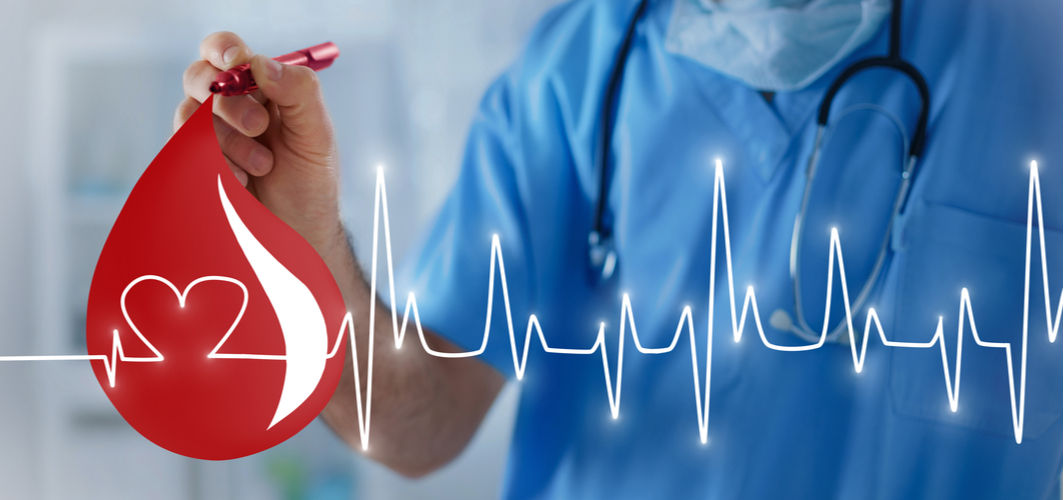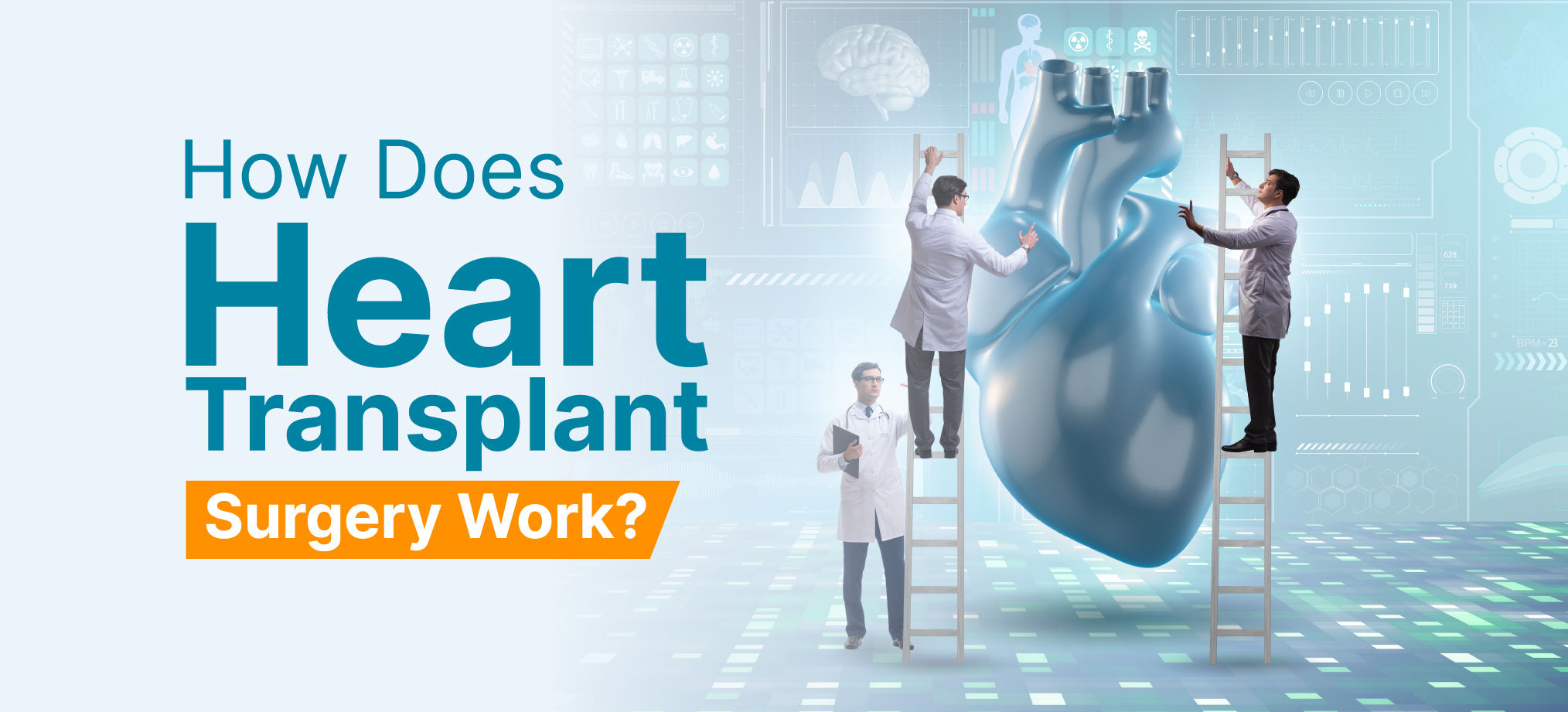Heart Conditions
Hypertension-Friendly Foods: What to Eat and What to Skip
4 min read
By Apollo 24|7, Published on - 13 August 2024
Share this article
0
0 like
.jpg?tr=q-80)
We live in a world of abundance, with an overwhelming variety of foods. Our choices are influenced by more than just hunger; personal taste, family preferences, cultural influences, emotional reasons, health concerns, societal pressures, convenience, cost, and the variety and quantity of available options all play a role. These decisions significantly impact our bodies, especially when managing conditions like hypertension.
Understanding what foods to eat is essential, but knowing what to avoid is equally important. In this article, we'll explore the best foods to maintain healthy blood pressure and those you should avoid.
What Foods Should You Eat For Healthy Blood Pressure?
- Potassium-rich foods: Bananas, potatoes, leafy greens, tomatoes, amaranth, and barley balance sodium effects and lower blood pressure.
- Fruits: Fruits are filled with essential nutrients.
Apples: High in fibre and potassium.
Bananas: Good potassium source, convenient for snacks.
Oranges/Grapefruit: Rich in vitamin C.
Berries: Blueberries and strawberries are low in calories and full of antioxidants called anthocyanins, a flavonoid known to protect blood vessels. - Vegetables: They are low in sodium and help in enhancing cardiovascular health.
Leafy greens: Spinach, kale, and collard greens are potassium and magnesium-rich.
Tomatoes: They are rich in potassium and lycopene, protecting heart health.
Legumes: Beans and Lentils are heart-healthy and help regulate blood pressure.
Broccoli: They are high in antioxidants and fibre, lowering bad cholesterol.
Avocados: They contain healthy fats that improve cholesterol and blood pressure.
Sweet potatoes and Beetroot: nitrate is a compound available in these root vegetables that lowers systolic blood pressure. - Natural Herbs and Spices: They can be used as replacements for processed additives, sugar and salt.
Garlic: Garlic can reduce blood pressure, arterial stiffness, and cholesterol
Cinnamon: It can be used as an alternative to sugar.
Dark Chocolate: It contains flavonoids, an antioxidant, which may help to reduce blood pressure - Low-fat dairy: Skim milk, low-fat yoghurt, and cheese provide essential nutrients without extra fat.
- Whole grains: Brown rice, quinoa, oats, jawar roti, and whole-wheat bread are fibre-rich and help lower blood pressure and cholesterol.
- Healthy fats: Avocado, nuts, and olive oil improve heart health and may lower blood pressure.
- Poultry, Fish, and Lean Meats: Chicken, turkey, and fish have protein without excess saturated fats.
- Nuts and seeds: Provide protein and essential nutrients to control blood pressure. Opt for unsalted versions to avoid excess sodium.
Pumpkin seeds: They are rich in fibre and magnesium.
Flaxseeds: They are high in fibre and omega-3 fatty acids.
Chia seeds: They are known for their blood pressure-lowering effects.
Pistachios: They contain L-arginine, relaxing blood vessels.
Walnuts and Almonds: They are rich in omega-3 fatty acids and magnesium, beneficial for heart health.
Make these dietary changes to manage hypertension effectively. It is vital to consistently make healthy choices and consult your doctor for personalised nutritional plans.
What Foods Should You Avoid for Healthy Blood Pressure?
- Foods high in sodium: Processed foods, snacks, canned goods, and cured meats worsen high blood pressure.
Processed meats, such as kebabs, sausages, bacon, and ham, are high in sodium, unhealthy fats, and added sugars.
Salted snacks like chips are very high in sodium.
Burgers, pizzas, sandwiches, tacos, fried rice, noodles, and burritos are examples of foods high in sodium. - Sugary drinks and foods: They contribute to weight gain and negatively impact blood pressure; instead, they are replaced with water, fresh fruits, yoghurts, or low-fat milk.
Sodas, energy drinks, processed desserts such as cakes, toffees, pastries, pies, granola bars and other nutrition bars. - Red meat: Lamb, pork, veal, venison, beef, and goat are high in saturated fat, which raises cholesterol and worsens hypertension. Be mindful of your portions when eating red meat, and try to choose alternatives, such as leaner cuts or unprocessed meats.
- Fried foods: They contain unhealthy fats, increasing heart disease risk.
- Full-fat dairy: They increase cholesterol levels.
- Baked goods: They are high in sugar and unhealthy fats.
- Excessive alcohol: Alcohol consumption may contribute to unintentional weight gain, which also adversely affects blood pressure.
In some cases, even small amounts can exacerbate high blood pressure. For guidance, consult with a doctor on managing your alcohol intake. - Caffeine: If you have hypertension, consider reducing caffeine. Though safe in moderation, caffeine can temporarily raise blood pressure. Watch out for coffee and tea. Switching to decaf options can help manage blood pressure.
- Food Additives and Condiments: Ketchup, hot sauce, soy sauce, and salad dressings are high in salt and sugar. It is also important not to rely on taste, as even condiments that do not taste salty may have high sodium added as a preservative.
Conclusion
The impact of food on blood pressure is profound and multifaceted. Consuming a diet rich in potassium, calcium, magnesium, and fibre while limiting sodium, unhealthy fats, and added sugars can help maintain healthy blood pressure levels. People can enhance their heart health and prevent hypertension by choosing whole grains, lean proteins, fresh fruits, and vegetables and incorporating healthy fats. Moderating alcohol and caffeine intake or avoiding them altogether is crucial. Making informed and nutritious dietary choices is a powerful strategy for managing blood pressure and promoting overall well-being.
Apollo 24|7 offers comprehensive lab tests and doctor consultations, including specialists like cardiologists and dietitians, to help manage your hypertension effectively.
Services
Heart Conditions
Consult Top Cardiologists
View AllLeave Comment
Services
Recommended for you

Heart Conditions
Does Your Blood Group Affect Your Risk Of Heart Attack?
People with certain blood groups are at a higher risk of cardiovascular events, such as heart attacks, than others. Read to find out which are those blood groups.

Heart Conditions
Does poor oral hygiene increase the risk of heart disease?
Various studies have shown that people who have poor oral health are at an increased risk of cardiovascular conditions.

Heart Conditions
How Does Heart Transplant Surgery Work?
Generally a heart transplant surgery is recommended for patients who are suffering from end-stage heart ailments such as heart failure. The transplant surgery works by replacing a diseased heart with a healthy one, which increases the patient's longevity.
Subscribe
Sign up for our free Health Library Daily Newsletter
Get doctor-approved health tips, news, and more.
Visual Stories

Can Processed Meat Increase the Risk of Chronic Diseases?
Tap to continue exploring
Recommended for you

Heart Conditions
Does Your Blood Group Affect Your Risk Of Heart Attack?
People with certain blood groups are at a higher risk of cardiovascular events, such as heart attacks, than others. Read to find out which are those blood groups.

Heart Conditions
Does poor oral hygiene increase the risk of heart disease?
Various studies have shown that people who have poor oral health are at an increased risk of cardiovascular conditions.

Heart Conditions
How Does Heart Transplant Surgery Work?
Generally a heart transplant surgery is recommended for patients who are suffering from end-stage heart ailments such as heart failure. The transplant surgery works by replacing a diseased heart with a healthy one, which increases the patient's longevity.



